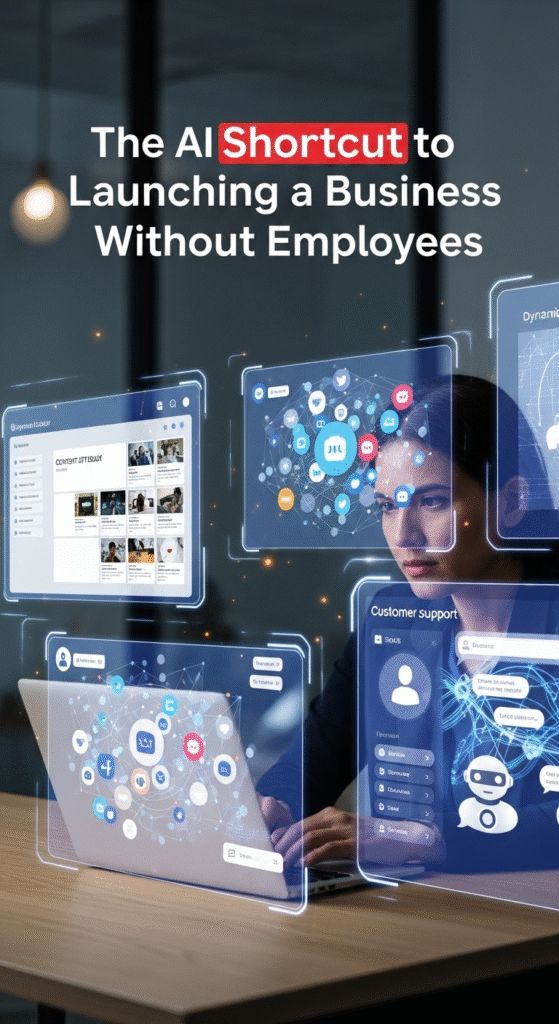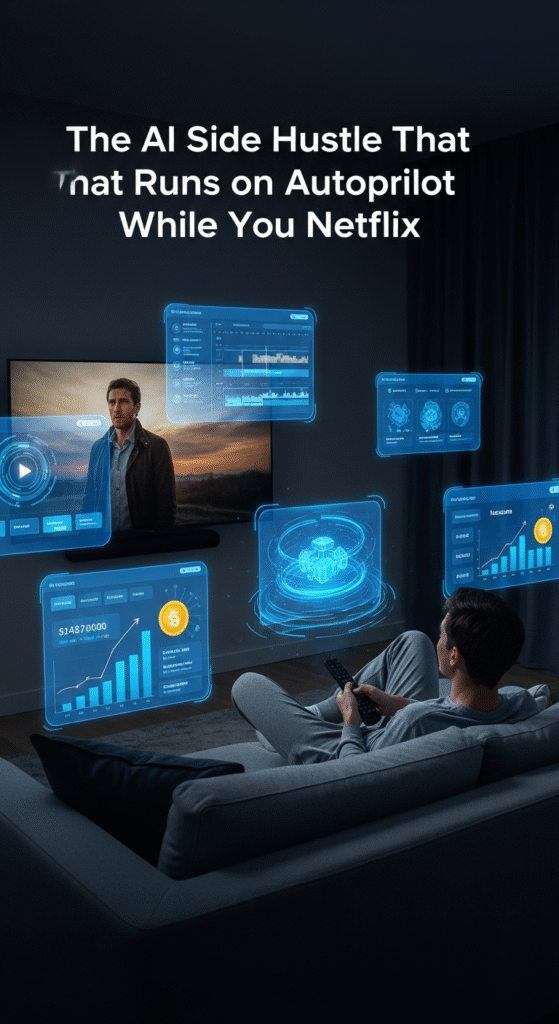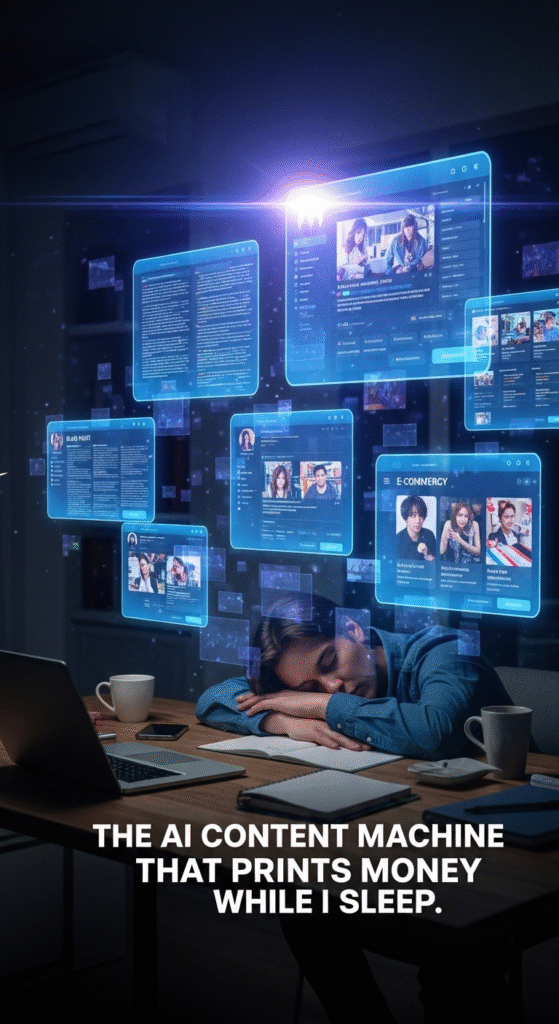Think Incognito Mode keeps you safe? Think again. The truth is, it doesn’t hide your browsing from hackers, your ISP, or even the websites you visit. Here’s the hidden truth behind “private browsing” and the one tool that actually makes you invisible online.
Why Incognito Mode Is the Biggest Lie in Online Privacy
We’ve all been there. You open your browser, switch to Incognito Mode, and feel like you’ve put on a digital invisibility cloak. The little dark window makes you feel safe, anonymous, untouchable.
But here’s the shocking truth: Incognito Mode doesn’t make you invisible. In fact, it’s one of the biggest lies in online privacy. And the risks of trusting it are far greater than most people realize.
What Incognito Mode Really Does
To be clear, Incognito Mode isn’t useless. Here’s what it actually does:
- Stops your browser from saving history.
- Prevents cookies and site data from being stored locally.
- Clears searches and forms once you close the window.
That’s it.
It hides your browsing from your spouse, your roommate, or anyone using your laptop after you. But outside your computer? You’re still an open book.
The Hidden Truth They Don’t Tell You
What Incognito Mode doesn’t hide:
- Your IP address (your online identity).
- Your ISP activity (your Internet provider still sees everything).
- Websites you visit (they know you’re there, and they track you anyway).
- Employers or schools monitoring the network.
- Hackers on public Wi-Fi.
In other words, Google might forget what you searched… but your ISP, the websites, and hackers definitely don’t.
Real-World Problems With Incognito
- ISP Tracking: In 2017, U.S. ISPs were granted legal permission to sell users’ browsing histories—even in Incognito.
- Targeted Ads: Ever notice you still get ads for things you searched in “private”? That’s because websites track you beyond your browser.
- Workplace Monitoring: Employers running network surveillance tools can still see everything, Incognito or not.
- Public Wi-Fi: Hackers can intercept data from your device regardless of private browsing.
Incognito is basically a curtain that only hides what’s happening inside your living room—but the whole neighborhood can still see through the window.
Why People Believe the Myth
Incognito Mode feels private. The dark window. The word “private.” The promise that history won’t be saved.
But that illusion is dangerous. Millions believe they’re safe, while their digital footprints are still being tracked, logged, and sold every second they’re online.
What You Really Need: True Privacy
Here’s the part that browser companies don’t emphasize: real privacy requires encryption.
That’s where a VPN (Virtual Private Network) comes in. Unlike Incognito Mode, a VPN:
- Hides your IP address (websites can’t identify you).
- Encrypts your traffic (hackers can’t intercept your data).
- Blocks ISP surveillance (they can’t track or sell your browsing).
- Protects on public Wi-Fi (even fake hotspots can’t spy on you).
Where Incognito gives you a “local” disguise, a VPN gives you true online invisibility.
The Perfect Combo
Think of it this way:
- Incognito Mode is like clearing your desk so no one sees your notes later.
- A VPN is like locking the office so no one can peek in while you’re working.
Together, they can help—but only the VPN keeps your browsing safe from outsiders in real time.
Everyday Scenarios That Prove the Risk
- Watching a private video in Incognito while your ISP still logs the entire session.
- Shopping online “privately” while advertisers still track you.
- Using Incognito on airport Wi-Fi and handing hackers your data on a silver platter.
If you’re relying on Incognito alone, you’re exposed.
Final Word
Incognito Mode is not privacy—it’s just convenience. It hides your browsing history from people who use your device, but it does nothing against ISPs, websites, employers, or hackers.
The hidden truth is this: real online privacy requires more than a dark browser window. It requires encryption. It requires anonymity. It requires a VPN.
Because the biggest lie in online privacy is thinking Incognito Mode makes you invisible. It doesn’t.
🔒 Ready to protect your online life?
We recommend NordVPN — fast, no-logs, and beginner-friendly.
👉 Try it risk-free with a 30-day money-back guarantee.









